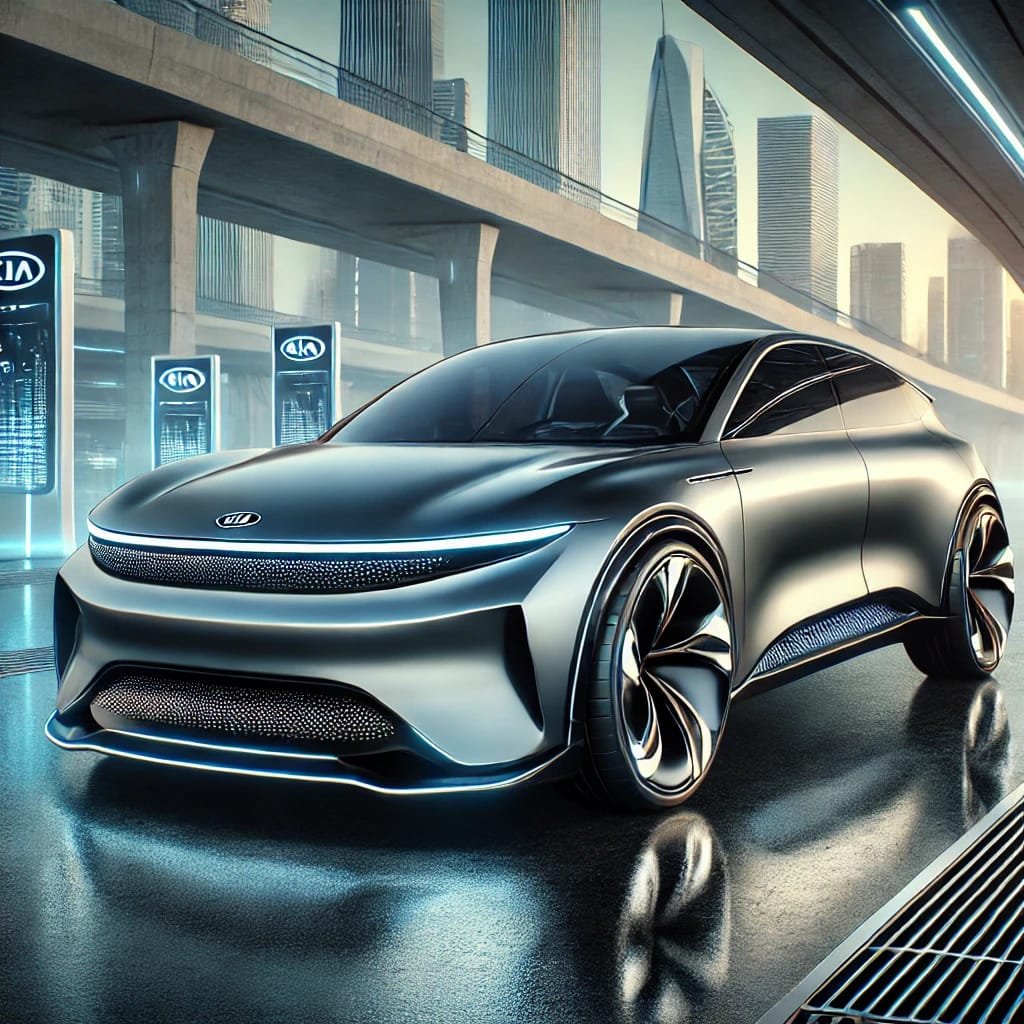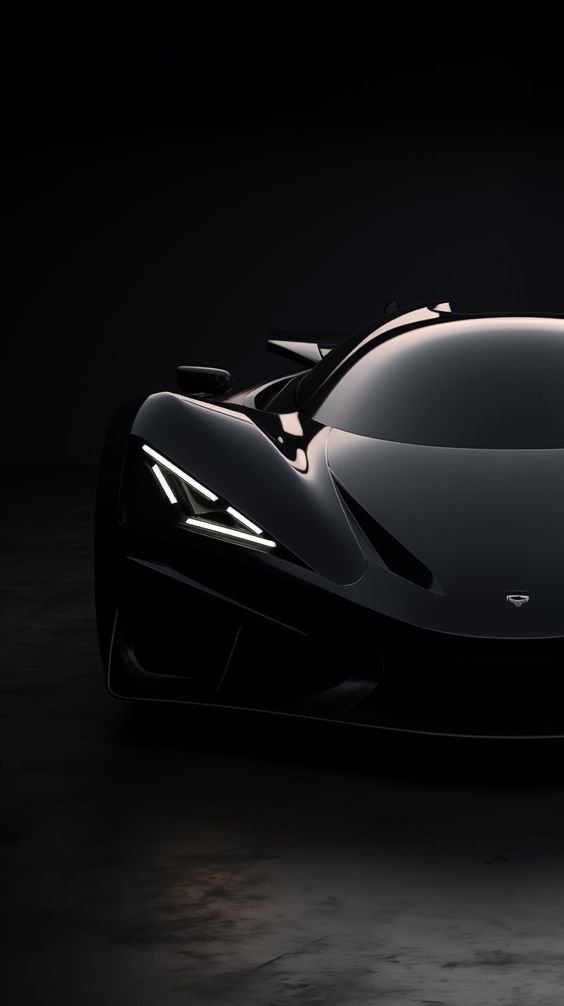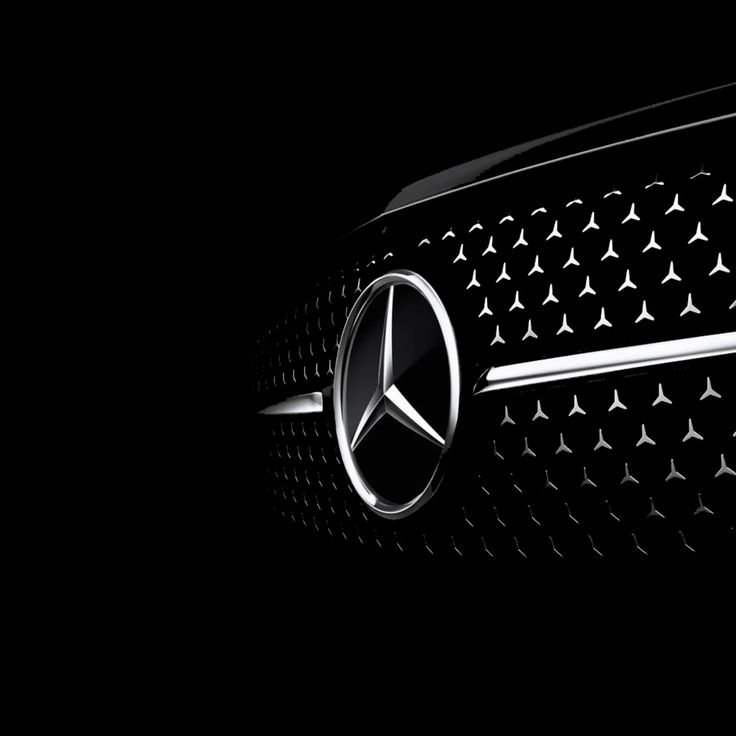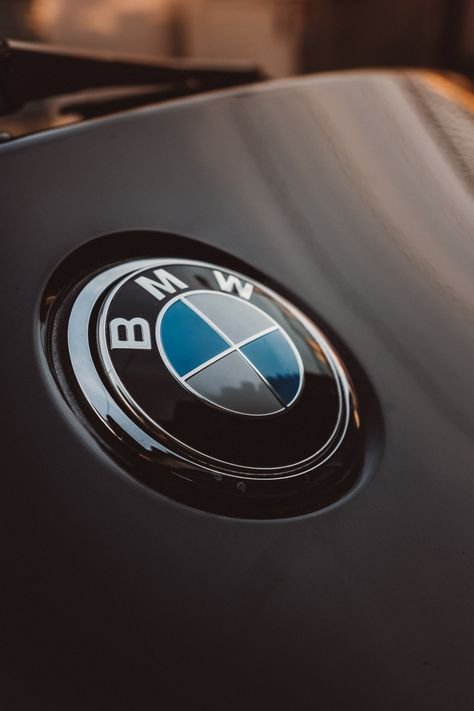
When it comes to purchasing a car, one of the biggest decisions you’ll face is whether to buy a new or used vehicle. Both options have their own set of advantages and disadvantages, and the right choice largely depends on your personal needs, budget, and preferences. This article will explore the pros and cons of buying a new car versus a used car, helping you make an informed decision.
1. Pros of Buying a New Car
Latest Technology and Features
One of the most significant advantages of buying a new car is that it comes equipped with the latest technology and features. This includes advanced safety systems, improved fuel efficiency, and the most recent infotainment options. If you’re looking for cutting-edge technology, a new car will likely have what you’re seeking.
Warranty Coverage
New cars typically come with comprehensive warranties that cover major repairs and maintenance for the first few years. This can provide peace of mind, as you won’t have to worry about unexpected repair costs during the warranty period. Some manufacturers even offer extended warranties, giving you additional coverage for a longer time.
Customization Options
When you buy a new car, you have the option to customize it to your liking. You can choose the color, interior materials, and add any optional features or packages that suit your preferences. This level of customization is rarely available with used cars, where you might have to compromise on certain features.
Reliability
A new car is less likely to have mechanical issues or require repairs in the first few years of ownership. Since it hasn’t been driven by anyone else, you won’t have to worry about the wear and tear that typically comes with a used vehicle. Additionally, new cars often come with the latest engine and mechanical advancements, contributing to their overall reliability.
Financing Options
Financing a new car can be easier and more affordable. Automakers often offer lower interest rates, special promotions, or incentives like cashback deals on new vehicles. These financing options can make purchasing a new car more attractive and accessible for many buyers.
2. Cons of Buying a New Car
Higher Purchase Price
The most obvious disadvantage of buying a new car is the higher purchase price. New cars are significantly more expensive than their used counterparts, and you’ll pay a premium for the latest features and technology. This higher upfront cost can be a barrier for some buyers, especially those on a tight budget.
Depreciation
New cars depreciate rapidly, losing a significant portion of their value within the first few years. The moment you drive a new car off the dealership lot, it can lose up to 20% of its value, and by the end of the first year, it might have depreciated by 30% or more. This steep depreciation means you could owe more on your car loan than the car is worth, especially if you financed the purchase.
Higher Insurance Costs
Insurance premiums for new cars are typically higher than those for used cars. This is because new cars have a higher replacement value, and insurance companies charge more to cover the potential cost of replacing or repairing a new vehicle. This can add to the overall cost of ownership.
Limited Negotiation Room
When buying a new car, there’s often less room for negotiation compared to buying a used car. Dealerships have a fixed pricing structure for new vehicles, and while you might be able to negotiate some add-ons or minor discounts, the overall price is usually less flexible.
3. Pros of Buying a Used Car
Lower Purchase Price
The most significant advantage of buying a used car is the lower purchase price. Used cars are generally much more affordable than new ones, allowing you to get more value for your money. If you’re on a budget, buying used can give you access to a higher-quality vehicle or a better model than you could afford new.
Slower Depreciation
While new cars depreciate rapidly, used cars experience a slower rate of depreciation. Most depreciation occurs within the first few years of a car’s life, so by the time you buy a used vehicle, it has already undergone the steepest part of its depreciation curve. This means you’re less likely to lose as much value in the car over time.
Lower Insurance Costs
Insurance premiums for used cars are generally lower than for new cars. Since used cars have a lower market value, the cost to insure them is reduced. This can result in significant savings on your monthly or annual insurance payments, making a used car more affordable to own.
More Negotiation Power
When buying a used car, you often have more room to negotiate the price. Sellers, whether they are private parties or dealerships, may be more willing to accept a lower offer to make a sale. This gives you the opportunity to get a better deal and potentially save even more money.
Variety of Options
The used car market offers a wide variety of options, including vehicles that may no longer be in production. This means you can find models and features that might not be available in new cars. Whether you’re looking for a specific model year or a rare feature, the used market offers more choices.
4. Cons of Buying a Used Car
Uncertainty About the Car’s History
One of the biggest risks of buying a used car is the uncertainty about its history. Unless you buy from a certified pre-owned (CPO) program, you might not have a complete record of the car’s previous maintenance, accidents, or repairs. This lack of transparency can lead to potential issues down the road.
Higher Maintenance and Repair Costs
Used cars are more likely to need repairs and maintenance compared to new cars. As the vehicle ages, components wear out and may need to be replaced. While you might save money on the purchase price, these repair costs can add up over time, especially if the car is out of warranty.
Limited or No Warranty
Unless you buy a certified pre-owned vehicle, used cars often come with limited or no warranty coverage. This means you’ll be responsible for any repairs or issues that arise after purchase. While some dealerships offer extended warranties, these can add to the overall cost and might not cover everything.
Outdated Technology and Features
Used cars may not have the latest technology or safety features that are standard in new cars. If having the newest infotainment system, advanced driver-assistance features, or better fuel efficiency is important to you, a used car might not meet your needs. This can be a significant drawback if you prioritize having the latest advancements.
Limited Customization
When buying a used car, you often have to settle for the features and options that the previous owner chose. This means you might not get the exact color, interior, or features you want. Customization options are limited, and you might have to compromise on certain aspects of the car.
Conclusion
Deciding whether to buy a new or used car ultimately depends on your individual circumstances, preferences, and budget. New cars offer the latest technology, reliability, and warranty coverage, but come with a higher price tag and faster depreciation. Used cars are more affordable, with slower depreciation and lower insurance costs, but may require more maintenance and come with uncertainties about their history.
By weighing the pros and cons of each option, you can make an informed decision that best suits your needs. Whether you opt for the peace of mind that comes with a new car or the cost savings of a used car, the right choice is the one that aligns with your priorities and financial situation.
ALSO READ: The History of Iconic Car Brands







